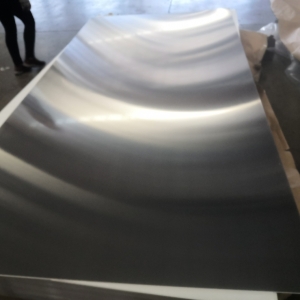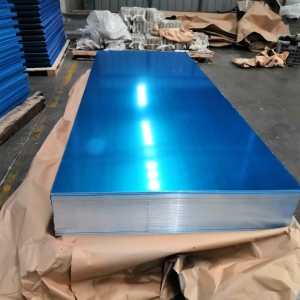Advantages:
Complex Geometries: Intricate designs with thin walls and fine details can be achieved.
Minimal Waste: Near-net-shape production reduces material usage and machining costs.
High-Quality Finish: Smooth surfaces and tight tolerances minimize post-processing.
Scalability: Suitable for both small-batch and large-scale production.
Limitations:
Cost: Higher initial tooling and material costs compared to sand casting.
Lead Time: Longer production cycles due to multiple steps like shell building and dewaxing.
Size Constraints: Limited to smaller parts (typically under 50 kg).
Despite these limitations, precision casting remains a preferred method for high-value applications where performance and precision are critical.



